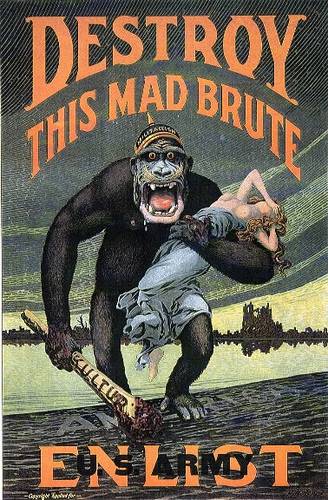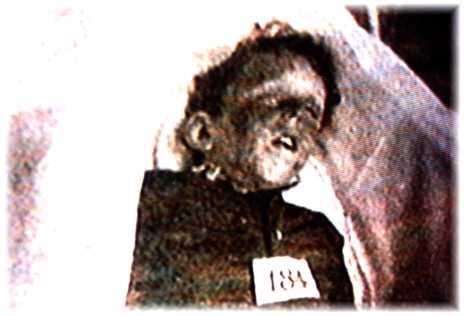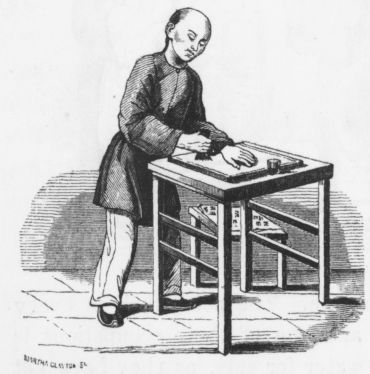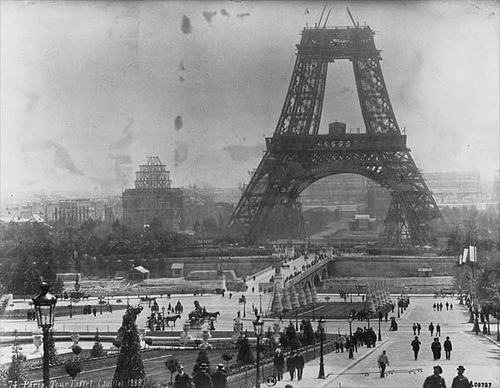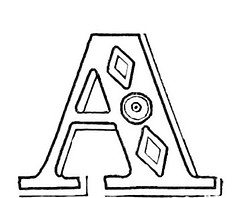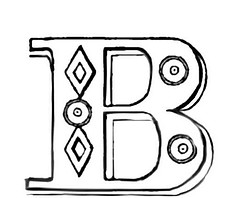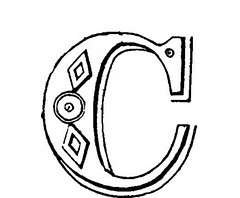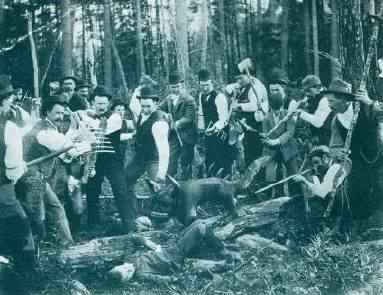“Advice to Young Ladies”:
- If you have blue eyes you need not languish: if black eyes, you need not stare.
- If you have pretty feet there is no occasion to wear short petticoats: if you are doubtful as to that point, there can be no harm in letting the petticoats be long.
- If you have good teeth, do not laugh in order to show them: if bad teeth do not laugh less than the occasion may warrant.
- If you have pretty hands and arms, you may play on the harp if you play well: if they are disposed to be clumsy, work tapestry.
- If you have a bad voice, speak in a subdued tone: if you have the finest voice in the world, never speak in a high tone.
- If you dance well, dance but seldom; if ill, never dance at all.
- If you sing well, make no previous excuses: if indifferently, do not hesitate when you are asked, for few people are judges of singing, but every one is sensible of a desire to please.
- To preserve beauty, rise early.
- To preserve esteem, be gentle.
- To obtain power, be condescending.
- To live happily, try to promote the happiness of others.
— Enquire Within Upon Everything: The Great Victorian-Era Domestic Standby, 1894

